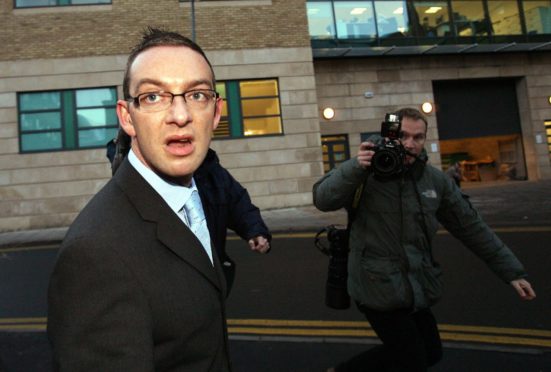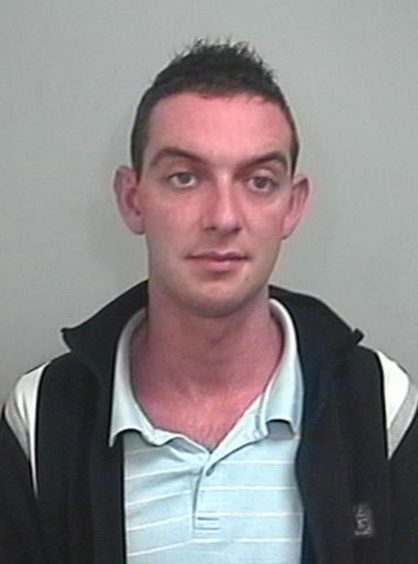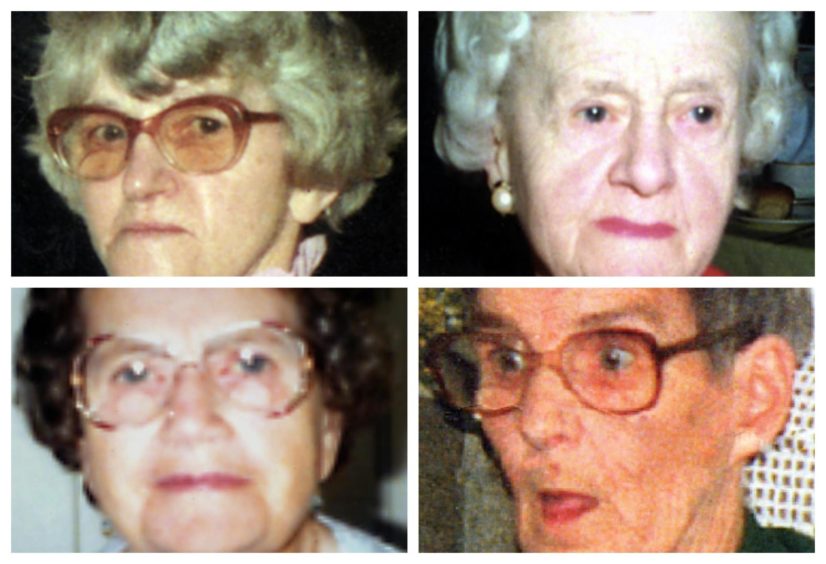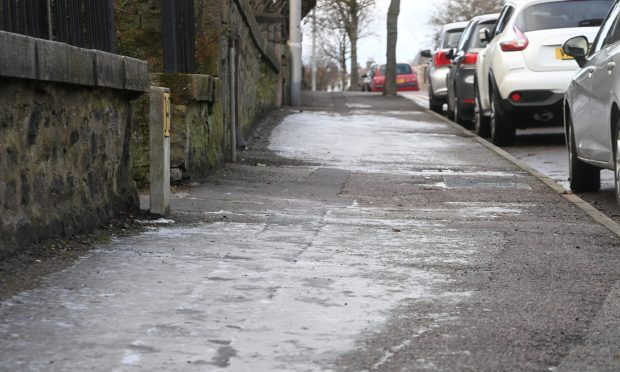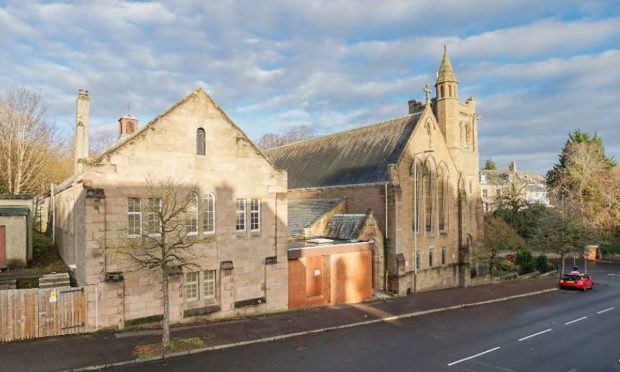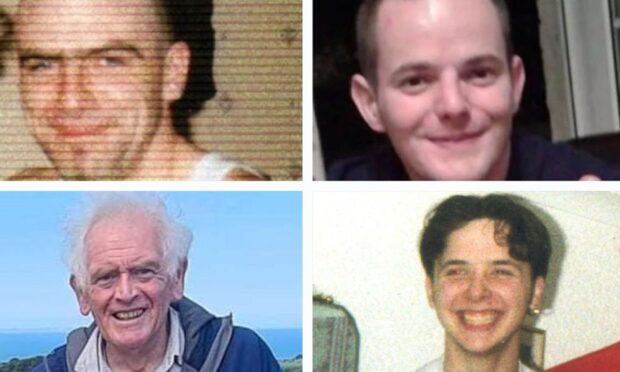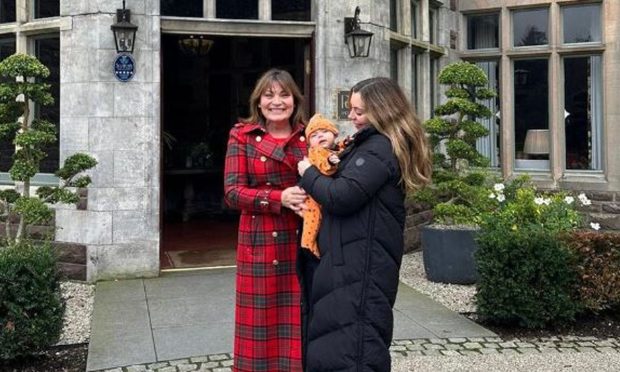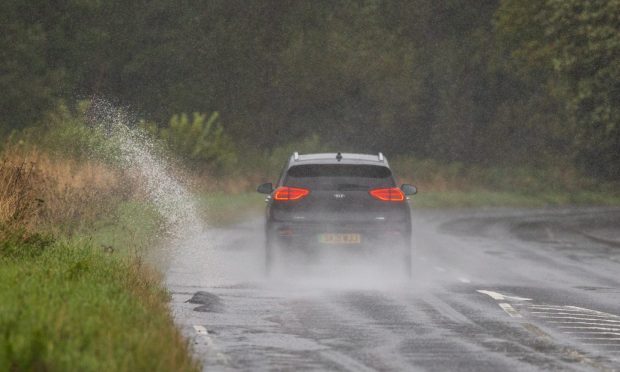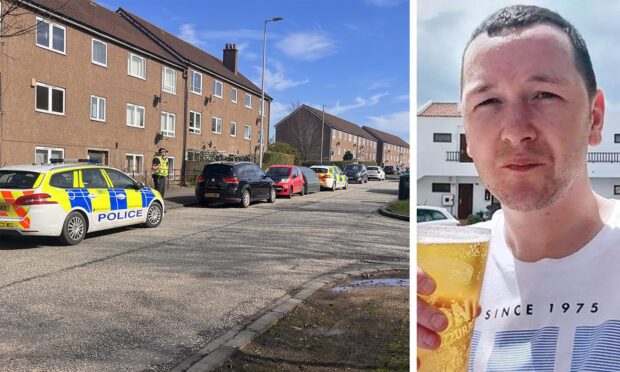A Tayside-trained nurse dubbed the Angel of Death has had his conviction for murdering four women sent to the Court of Appeal – almost 13 years after being handed a life sentence.
Colin Norris has always protested his innocence over a jury’s verdict that he killed four women and attempted to murder another by injecting them with massive doses of insulin while working in Leeds.
The 38-year-old, who trained at Ninewells Hospital, has now been told by the Criminal Cases Review Commission fresh evidence created a “real possibility” his conviction was unsafe.
In 2008, following a five-month trial at Newcastle Crown Court, Norris was convicted of murdering Doris Ludlam, 80, Bridget Bourke, 88, Irene Crookes, 79, and 86-year-old Ethel Hall.
He was alleged to have injected them with lethal doses of insulin at Leeds General Infirmary and the city’s St James’s Hospital in 2002.
He was also found guilty of attempting to murder 90-year-old Vera Wilby.
All five women were elderly inpatients on orthopaedic wards where Norris, originally from Glasgow, was a nurse.
Norris was sentenced to life imprisonment and ordered to serve a minimum of 30 years
Complex and difficult case
The CCRC said it had decided to refer all five of Mr Norris’s convictions to the Court of Appeal following a “detailed review of this complex and difficult case”.
“The case against him was wholly circumstantial and heavily reliant on expert opinion evidence,” said the CCRC.
It said the prosecution’s position was that spontaneous hypoglycaemia is extremely rare, and it was extraordinary to have a cluster of cases in one place in such a short space of time.
They alleged that Norris was present when or shortly before each of the patients became hypoglycaemic and that his presence was the only factor common in all five cases.
An appeal against conviction was turned down by the Court of Appeal in December 2009 and Norris subsequently applied to the CCRC in October 2011.
New evidence
The CCRC added: “As a result of the new expert evidence, the CCRC has concluded that there is a real possibility that the Court of Appeal will decide that Mr Norris’s conviction for the murder/attempted murder of one or more of the four patients is unsafe.”
It said experts agreed the hypoglycaemia in the four patients other than Mrs Hall may be accounted for by natural causes.
The new evidence has highlighted other developments in the understanding of hypoglycaemia, including its prevalence in the elderly and frail, which cast further doubt on the expert opinion relied upon by the prosecution at trial.
“This new expert evidence explored recent developments in a complex area where scientific understanding is still developing,” added the CCRC.
“As regards the murder of Mrs Hall, the CCRC considers that this conviction depends upon support from the other four cases and the prosecution’s assertion that no-one other than Mr Norris could have been responsible.”
“In light of the new expert evidence, the CCRC is satisfied that this assertion is now less secure and that, as a result, there is a real possibility that the Court of Appeal will quash this conviction too.”
A benefit concert staged in Dundee in 2014 in support of Norris’s fight for freedom was branded a “slap in the face” to the families of his victims by a city pensioners’ group.
The foreman of the jury which convicted Norris later said be believed Norris to be innocent after a BBC Panorama investigation suggested the women died of natural causes.
